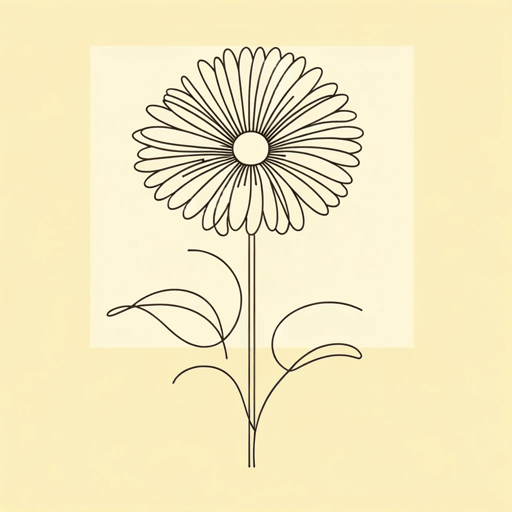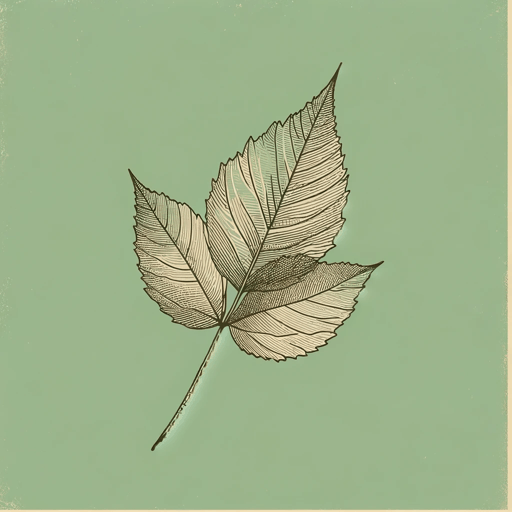17 pages • 34 minutes read
Mary OliverWild Geese
Fiction | Poem | Adult | Published in 2004A modern alternative to SparkNotes and CliffsNotes, SuperSummary offers high-quality Study Guides with detailed chapter summaries and analysis of major themes, characters, and more.
Poem Analysis
Analysis: “Wild Geese”
Because “Wild Geese” was written later in her career when readers had a better sense for Mary Oliver’s person and writing, we can assume that the speaker of the poem is someone very close to Oliver, if not the poet herself. The style of the poem is also reflective of her later writing; it is true to the natural world in which she always wrote, but it demonstrates the insertion of morality and philosophical leanings that Oliver began to explore in her later work. This is very clearly and specifically done through inserting humanity, whereas in Oliver’s earlier poems, humans were notably absent. Also true to Oliver’s body of work is direct and colloquial diction, which is clearly present in “Wild Geese.”
The poem opens with two instances of anaphora: “You do not have to” (Lines 1, 2). The repetition of this phrase increases the sense of intimacy between the poet and the reader, but it also creates a sense of authority. It calls the reader in to listen to the poet. In beginning with negation, with what one does not have to do, Oliver allows the poem to move towards a space of positivity.
Related Titles
By Mary Oliver




